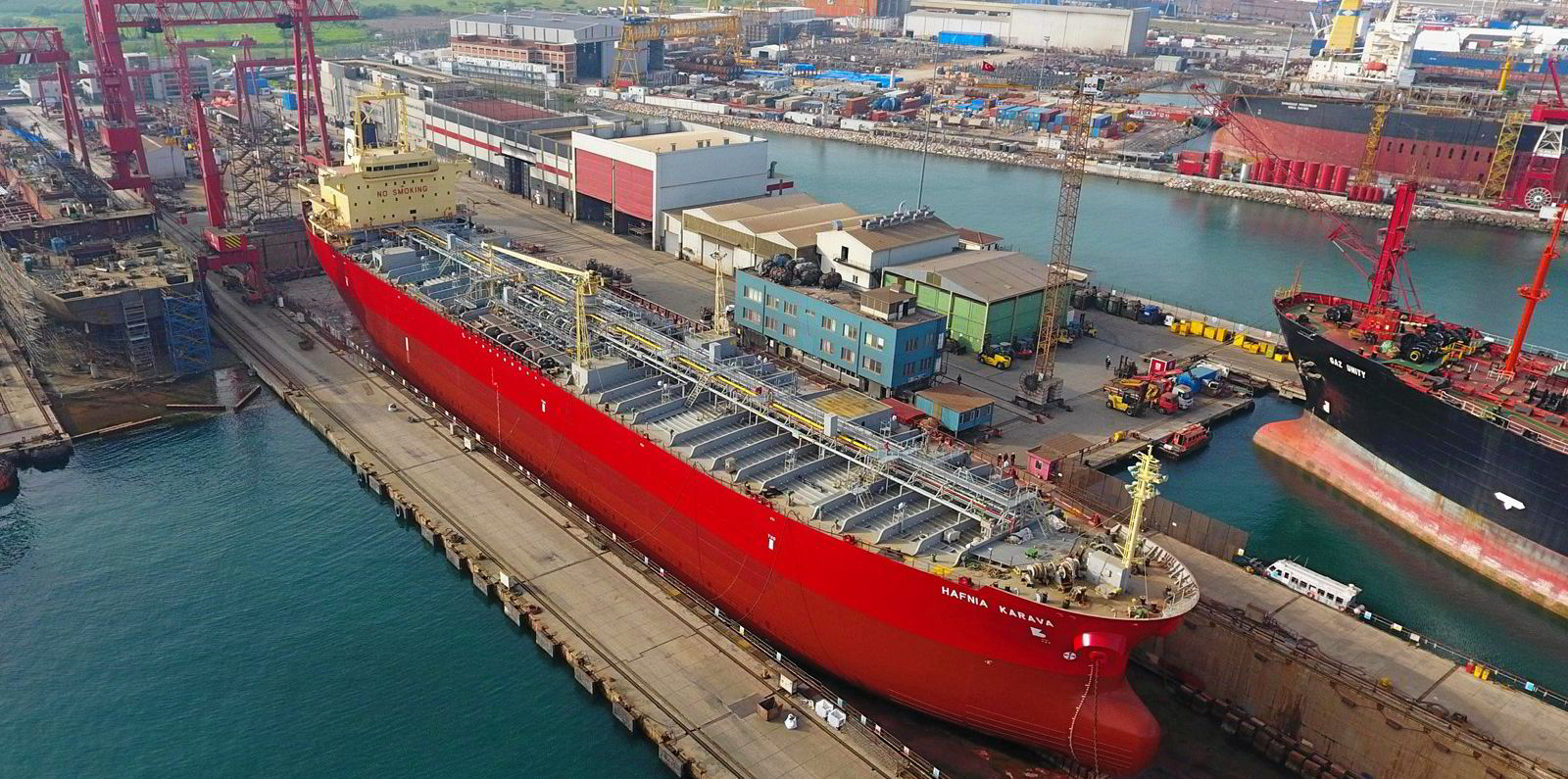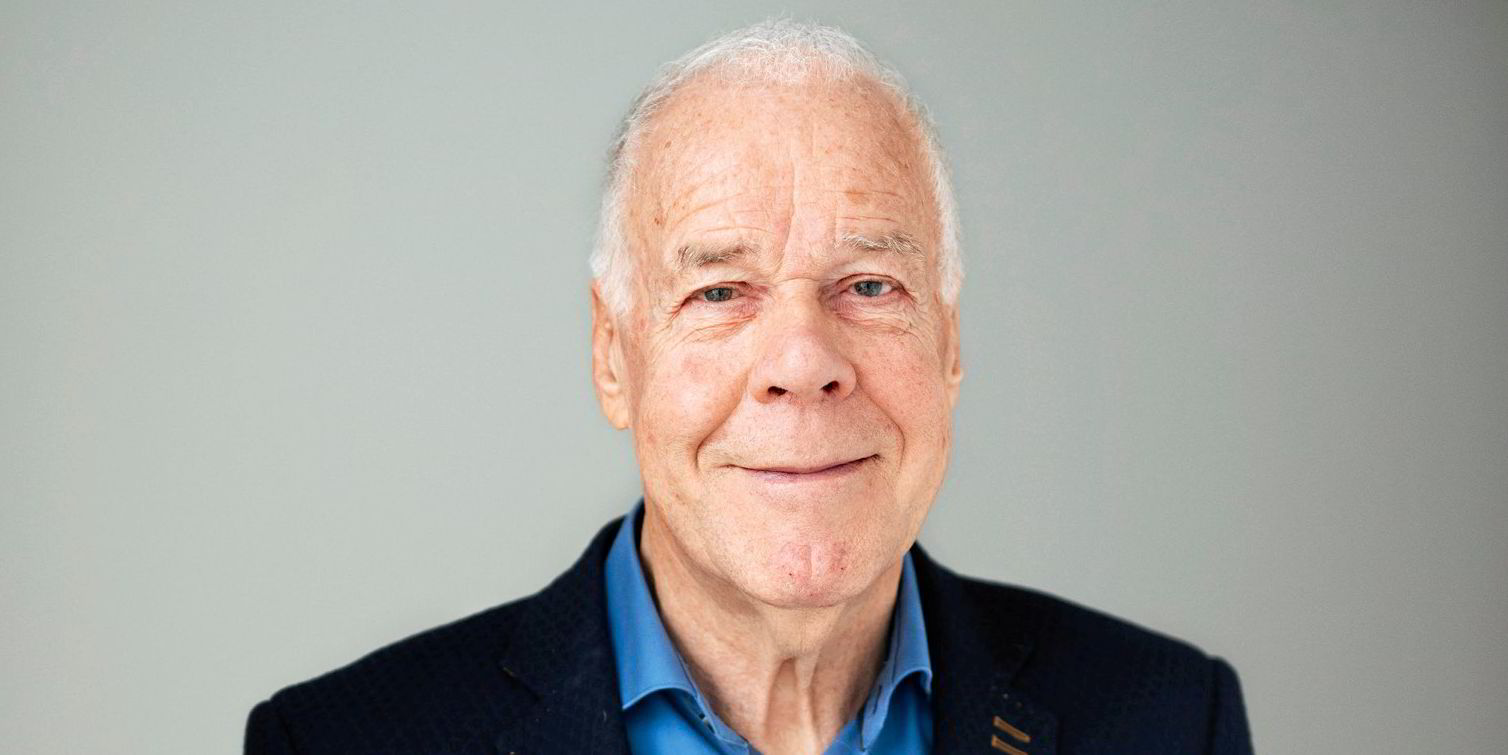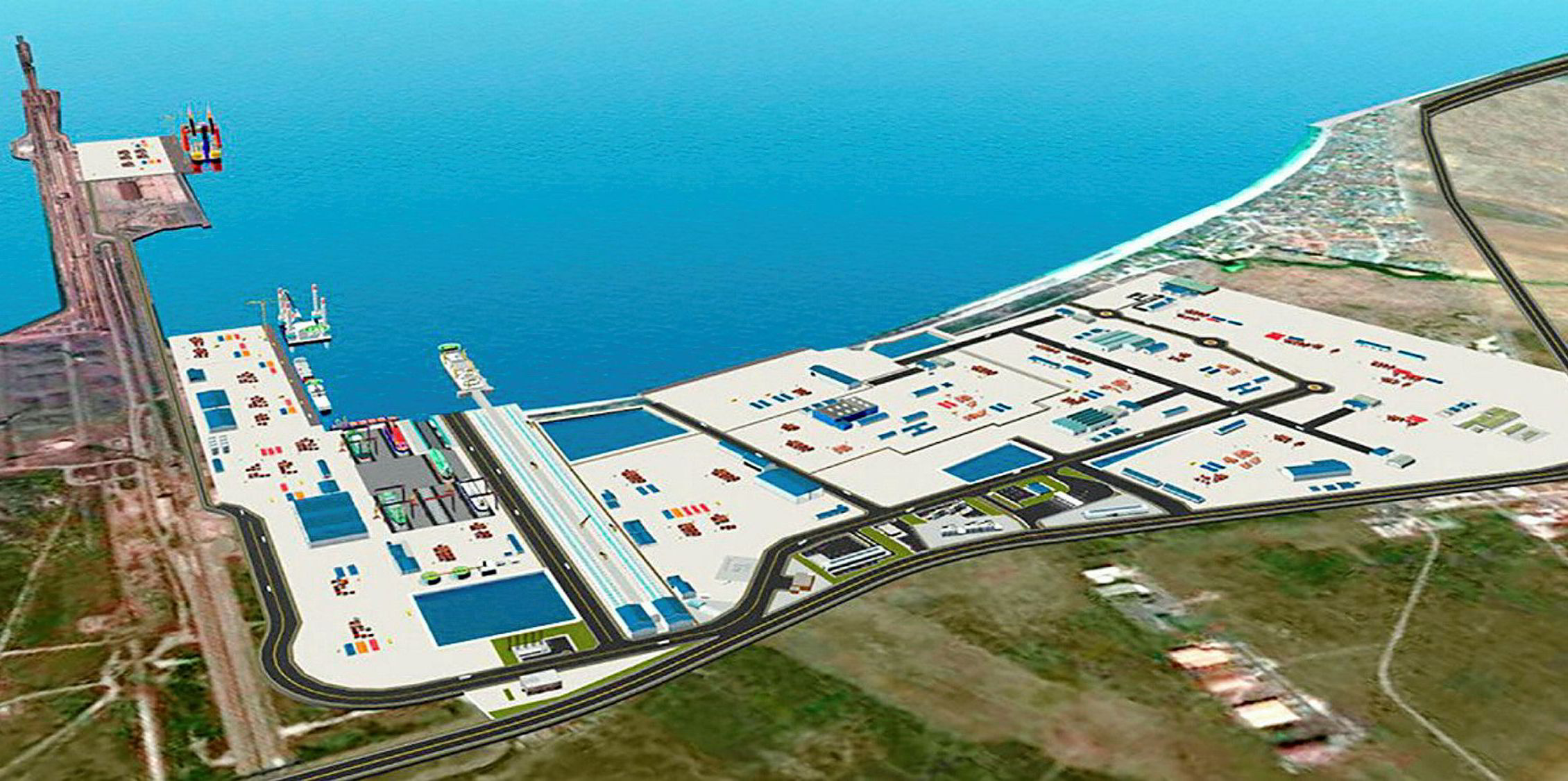A new Dutch venture — Elegant Exit Co — is planning to spend up to $100m in 2021 to buy an initial fleet of veteran tankers that it will trade for five to seven years before recycling at its own green facilities.
Former executives of Dutch-based W-O Shipping and Womar Pools are behind the start-up, which aims to build an annual "green steel" scrapping volume of up to 500,000 mt.
Their plan involves buying fleets of sisterships from blue-chip owners that face reputational incentives to ensure their ships do not wind up on a beach.
The Drachten-based company was started this year by ex-Womar chairman Captain Uday Yellapurkar, former W-O Shipping managing director Rein Amels and ex-colleague Vladimir Radisic.
Elegant Exit aims to acquire tankers at around their third special survey date, when oil major approvals become difficult to obtain, trade them until fourth special survey, and scrap them in dedicated dry docks that exceed present European Union environmental requirements.
Clear-cut business case
Next year, Elegant Exit hopes to buy six to 10 tankers in one or two en-bloc deals.
"The majority of discussions we are having are for MR1 and MR2 tankers," Amels said.

"The case with products tankers is clear-cut," he said. "After they reach an age of 15 years, they have problems getting vettings. From the time of the third special survey, you have to spend a hell of a lot of money with no guarantee you are going to get it back. So the economic end of life comes before the technical end of life. But we think there are tricks to be able to trade tankers of that age."
Amels would not be drawn on sale-and-purchase discussions. But, through the Womar pools and former partners Heidmar and BW Group, the team is likely well acquainted with relevant sellers.
He expects a green business model to help with equity and debt financing.
"We will be asking sellers to stay invested in their ships, as an ethical investment," he said. Mezzanine financing would be through "green bonds" or "blue bonds", and senior debt will count towards lenders' green portfolio.
Amels thinks the ships can profitably trade cargoes that do not need oil major approvals. Nitrogen-generating equipment to allow palm oil cargoes would cost about $2m per ship, but this could be reinstalled on newly acquired vessels as ships are scrapped.
Sellers would likely retain vessels in their own pools for commercial management.
Dry dock investment
The company would do its first scrappings on a contract basis, but ultimately it needs effective control over facilities. It hopes to acquire or invest in dry docks both east and west of the Suez Canal.
"By 2025 or 2026, we want to be recycling 50 ships a year," Amels said. "That means you have to do a ship every two weeks, and we need to know the dock is going to be available."
The risks of ship scrapping have a high profile in the Netherlands and Belgium. Elegant Exit has been in contact with environmental advocacy groups such as NGO Shipbreaking Platform.
"Our reputation is our main selling point," Amels said. "If we do one ship wrong, we won't be able to buy any more ships."




